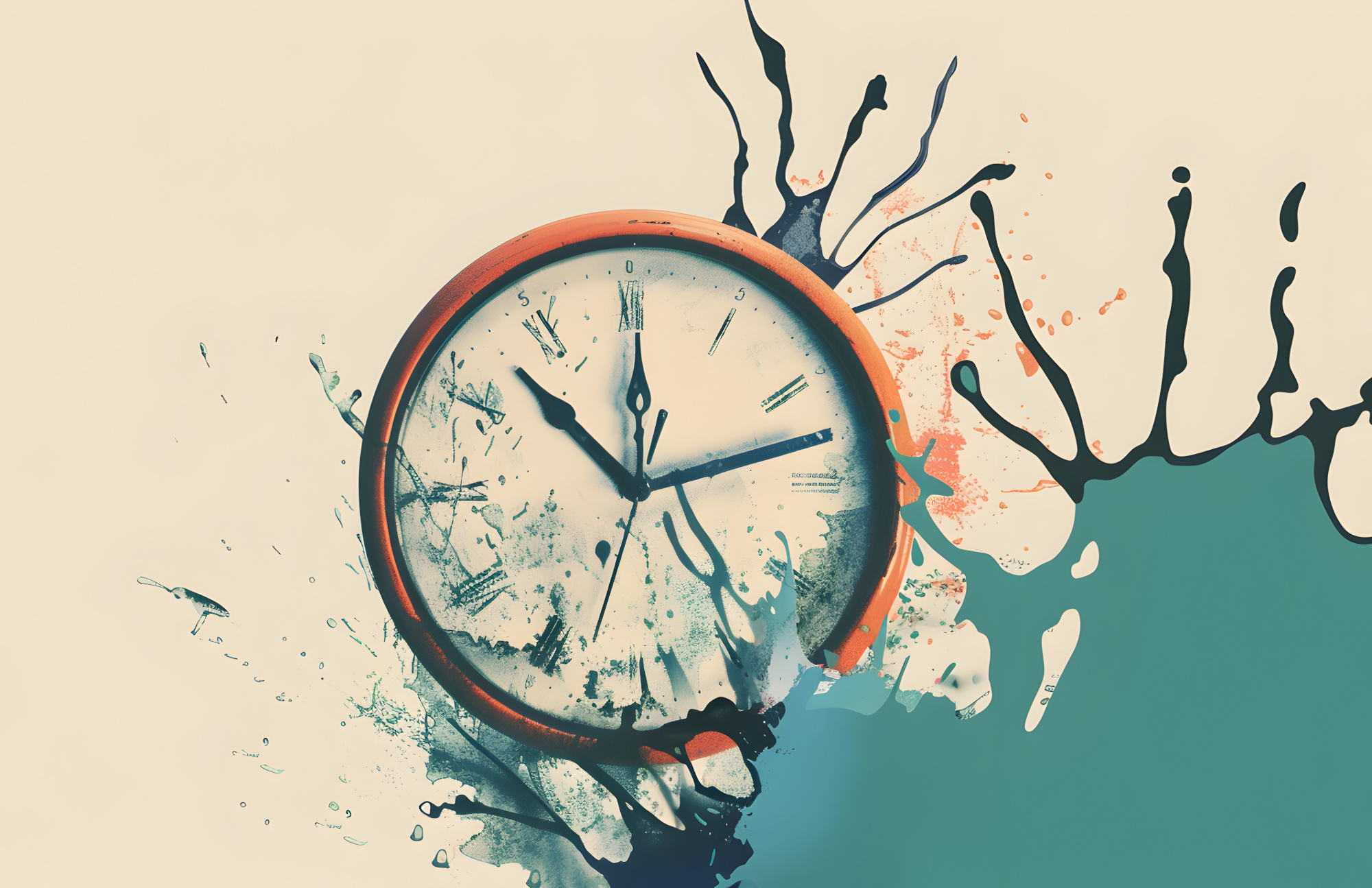
Cocaine is classified as a stimulant drug.
Drugs fall under several different classifications. These classifications are generally based on the chemical makeup of the drug or how it affects the human body. Among the different drug classifications, there are two categories that encompass many of the common addictive drugs in circulation.
These two categories are stimulants and depressants. Both types of drugs affect the brain and the central nervous system. However, they do so in opposite ways. Cocaine, one of the most well-known, addictive, and widely circulated illicit drugs today, falls under one of these two categories.
What Exactly Is Cocaine?
Cocaine is a highly addictive drug derived from the dried leaves of the Erythroxylon coca plant native to South America. Even just a single instance of trying cocaine may lead to addiction. Although cocaine is addictive and has a high potential for abuse, the Food and Drug Administration (FDA) classifies it as a Schedule II drug as it can still be used medically as anesthesia.
Is Cocaine a Stimulant or Depressant?
As the name indicates, stimulants make a person feel more energized, alert, and focused. Meanwhile, depressant substances slow down a person’s brain activity and relax their mind and body.
As a stimulant, cocaine induces intense feelings of power, basically stimulating both the mind and body and making the person feel much more energized. When ingested, cocaine also induces euphoria and excitement. It makes a person feel more alert and awake.
Effects of Cocaine on the Brain
The stimulating effects of cocaine may seem good on paper, but these are always accompanied by a number of health risks and negative consequences. Although cocaine can make a person feel happy and full of vigor, these intense feelings do not last long.
Instead, they wear off after some time and can cause a severe crash in users. The aftereffects of cocaine’s intense euphoria and energy can leave users feeling depressed, anxious, and craving more cocaine just to feel happy again.
Continued use of cocaine results in long-term changes in the brain’s reward system. Cocaine causes a build-up of dopamine, a hormone tied to feelings of reward and pleasure, in the body. This is partly what causes its stimulating and euphoric effects. The excess dopamine buildup and the feelings of pleasure it induces can affect the brain’s neurochemistry, causing it to crave the drug that caused it — resulting in substance abuse and addiction.
Findings also indicate that cocaine use may affect brain pathways connected to stress response. Cocaine may elevate or increase stress hormones, which can increase drug sensitivity and contribute to drug use relapse.
How To Recognize Cocaine Addiction
Cocaine addiction is dangerous. Not only does it affect the brain but also the person’s overall health. Using cocaine can potentially lead to heart attacks, strokes, and death due to abnormal heart conditions. Overdosing on cocaine may also lead to fatalities.
Timely and immediate intervention is crucial to treating cocaine abuse or addiction and preventing such occurrences. Heavy cocaine use can cause various side effects.
Below are several signs and symptoms of cocaine addiction to watch out for:
-
- Extreme excitability
-
- Dilated pupils
-
- Extreme boost in confidence
-
- Loss of sense of smell
-
- Inflamed tissues in the nose or nasal cavity
-
- Memory loss
-
- Poor decision-making abilities
-
- Low attention span
-
- Lung damage
-
- Increased heart rate
-
- Heightened blood pressure
-
- Mood swings
-
- Social isolation
-
- Sleep issues
-
- Loss of appetite
-
- Anxiety or paranoia
Aside from these health-related symptoms, financial instability, relationship issues, or sudden secretive behavior may also indicate cocaine abuse or addiction. Withdrawal symptoms like dizziness, nausea, irritability and intense cravings are also signs of cocaine addiction.
Fight Back Against Cocaine Addiction Today
At Ohana Luxury Rehab, we understand that addiction is a complex disease that requires personalized care and support. Our team of medical professionals and addiction specialists is dedicated to helping clients overcome substance abuse and achieve lasting recovery.
If you or someone you care about is struggling with cocaine addiction, we urge you to take action and seek help today. With our evidence-based treatments, luxurious accommodations, and compassionate support, we can help you take the first step towards a healthier, happier, and sober life.
Please don’t wait until it’s too late. Reach out to us at Ohana Luxury Rehab and let us help you or your loved one start on the path to recovery.







